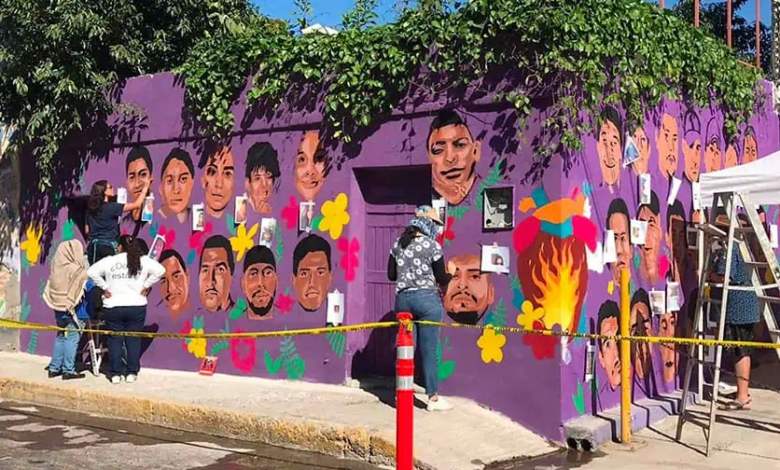US Impose Fentanyl-related Sanctions on Sinaloa Members, Mexico-based Entities

The United States’ decision to impose sanctions on 15 Sinaloa Cartel members and six Mexico-based entities marks a significant escalation in efforts to combat the illicit manufacture and trafficking of fentanyl and other deadly drugs. Fentanyl, a highly potent synthetic opioid, has become a major concern due to its role in the opioid crisis, which claimed the lives of nearly 80,000 Americans in 2022 alone, according to data from the Centers for Disease Control.
The sanctions, announced by Deputy Treasury Secretary Wally Adeyemo, underscore the seriousness with which the U.S. government views the fentanyl trade, particularly its devastating impact on public health. Adeyemo emphasized the urgent need to prevent illicit fentanyl from entering the United States and to disrupt the criminal organizations responsible for its distribution. His remarks highlight the alarming statistics surrounding opioid-related overdoses, including the staggering death toll in Arizona, where fentanyl-related fatalities have seen a dramatic surge.
The Treasury Department’s Counter Fentanyl Strike Force, along with broader initiatives under the Biden administration, underscores a multifaceted approach to tackling the fentanyl trade. By targeting both individuals and entities involved in the production and distribution of fentanyl, the U.S. aims to dismantle the networks fueling the opioid crisis. This announcement reflects a concerted effort to confront the root causes of opioid addiction and prevent further loss of life.
The sanctions send a clear message to criminal organizations operating in Mexico and elsewhere that the United States will not tolerate their involvement in the deadly fentanyl trade. By imposing financial penalties and restrictions, the U.S. aims to disrupt the profitability of these enterprises and hold accountable those responsible for perpetuating the opioid epidemic. Additionally, the sanctions serve as a reminder of the international cooperation necessary to combat transnational crime and protect public health.
Overall, the U.S. government’s decision to levy fentanyl-related sanctions on Sinaloa Cartel members and Mexico-based entities underscores its commitment to addressing the opioid crisis through targeted enforcement actions and collaborative efforts with international partners.





